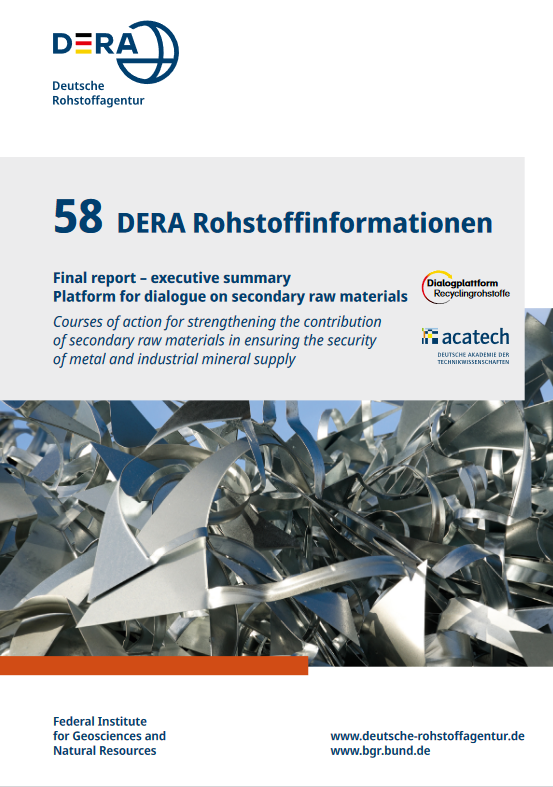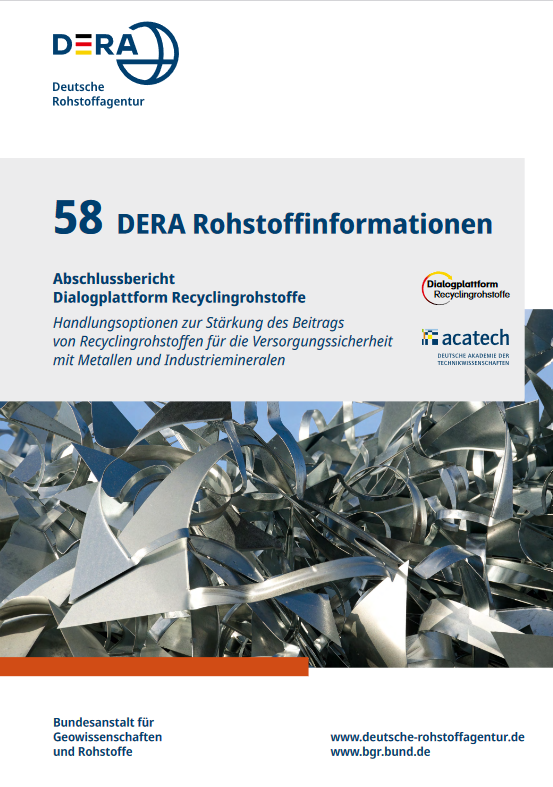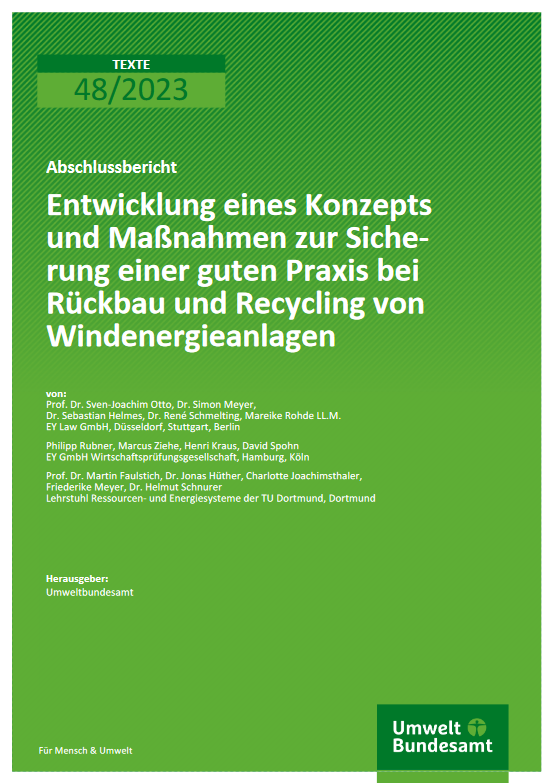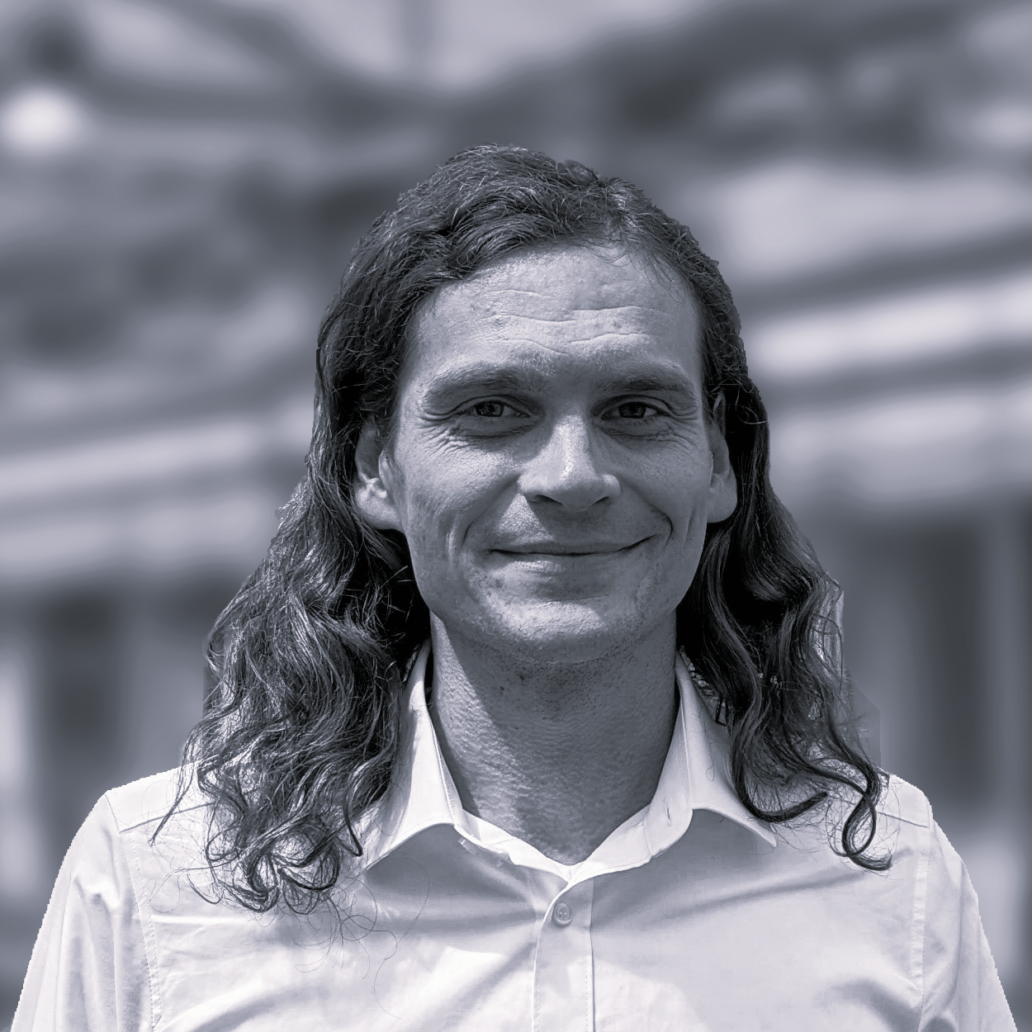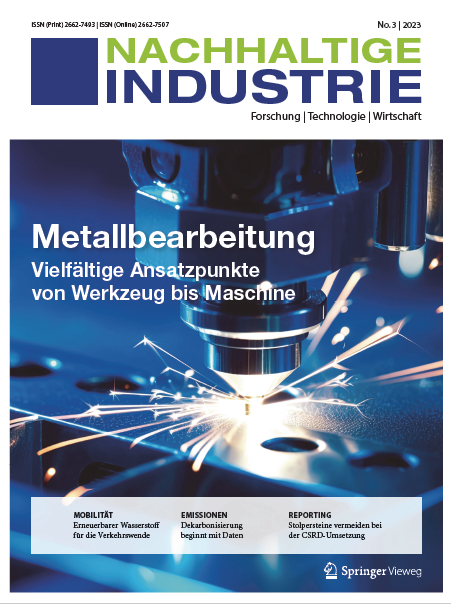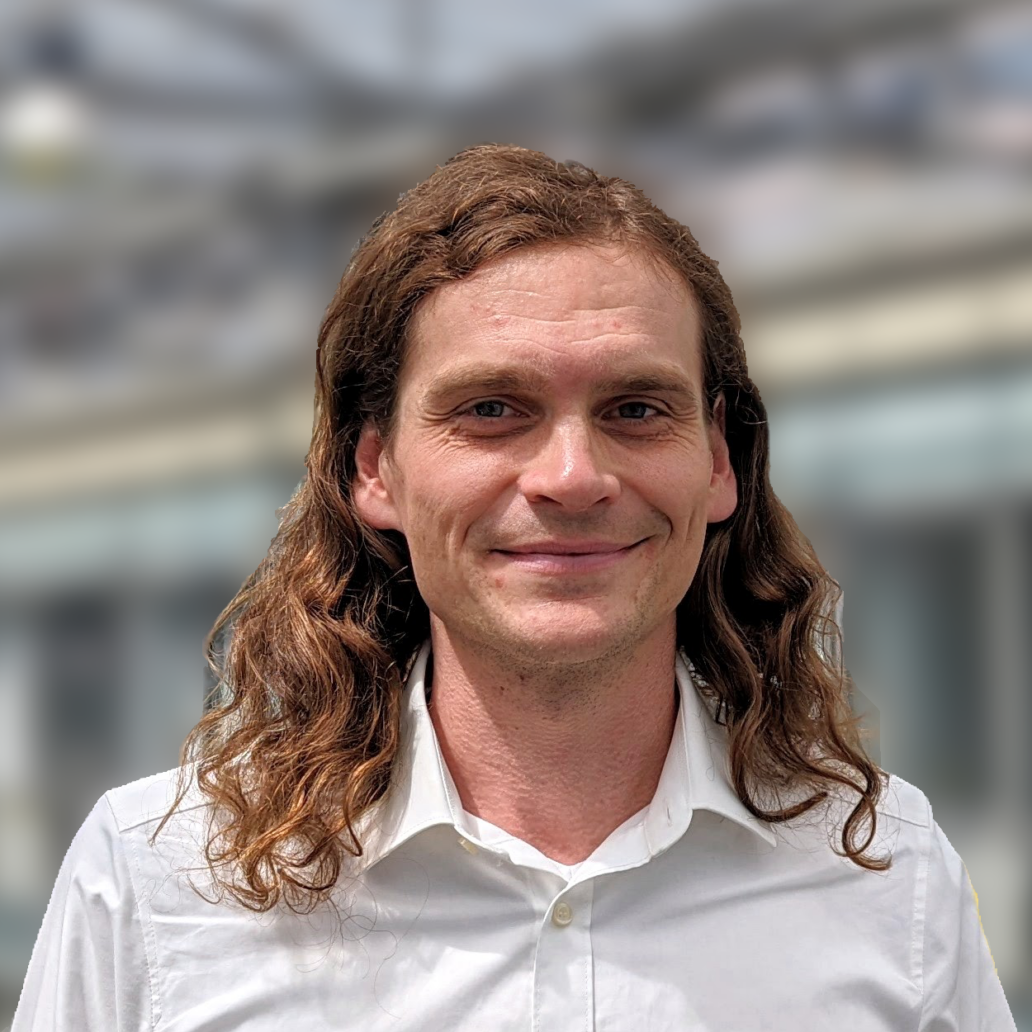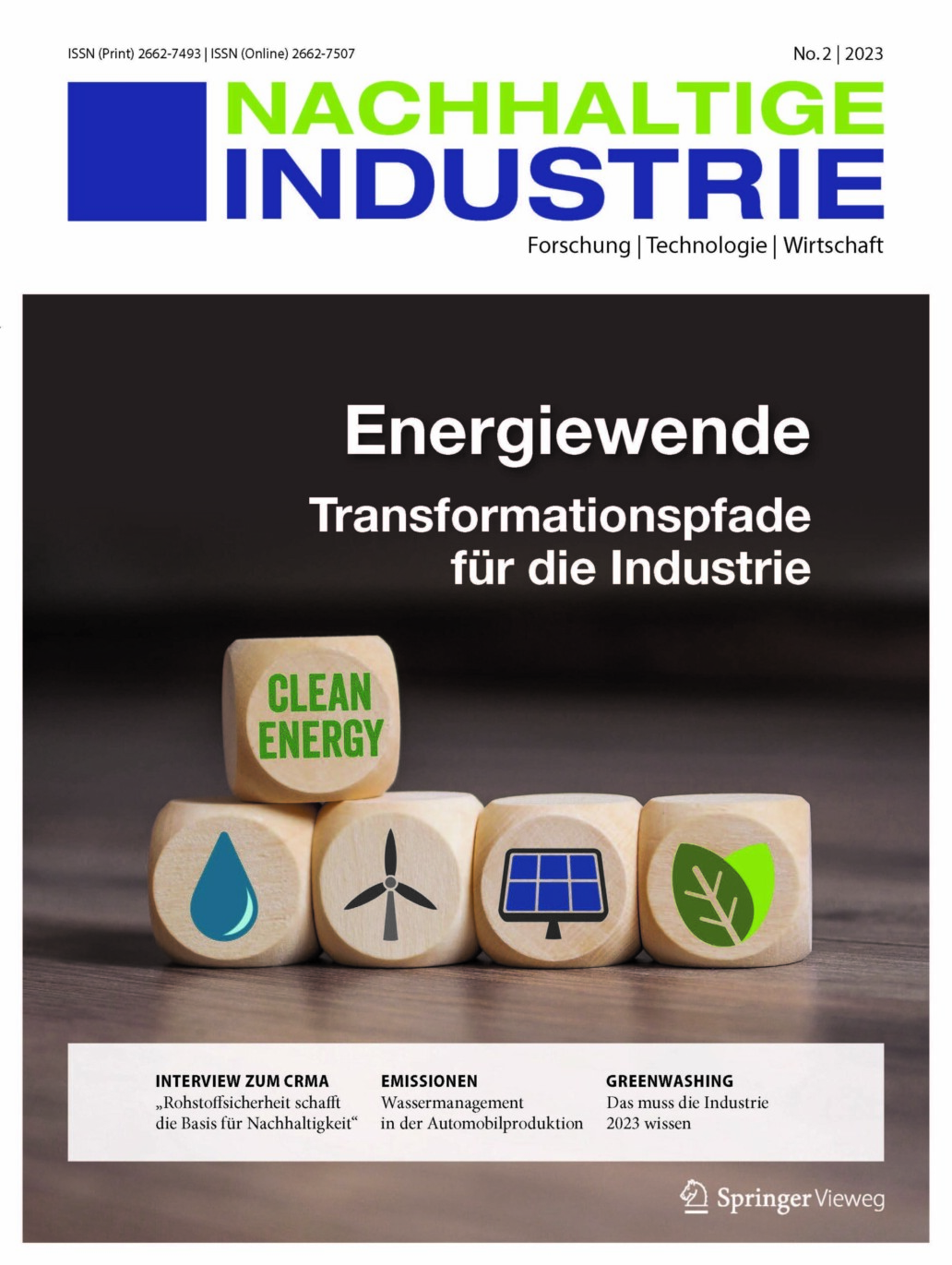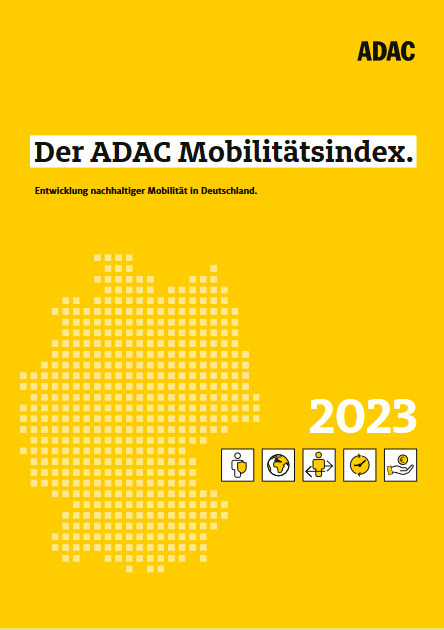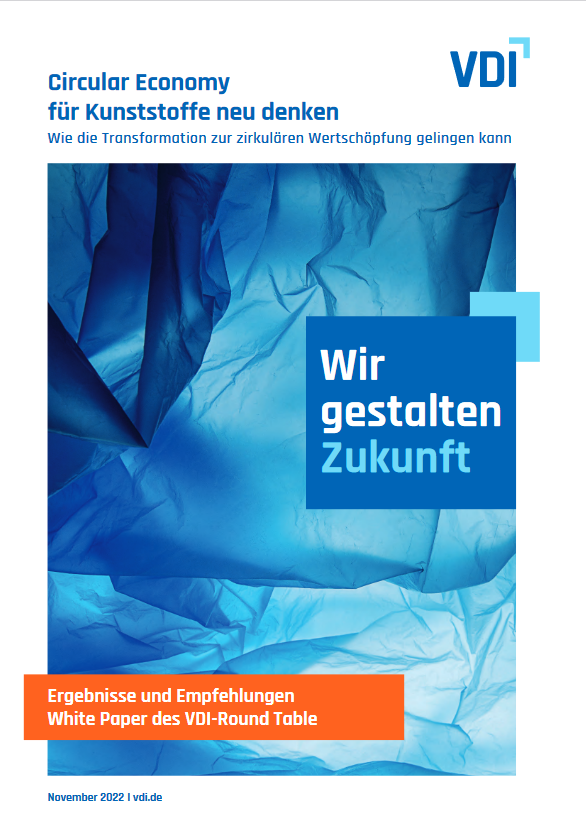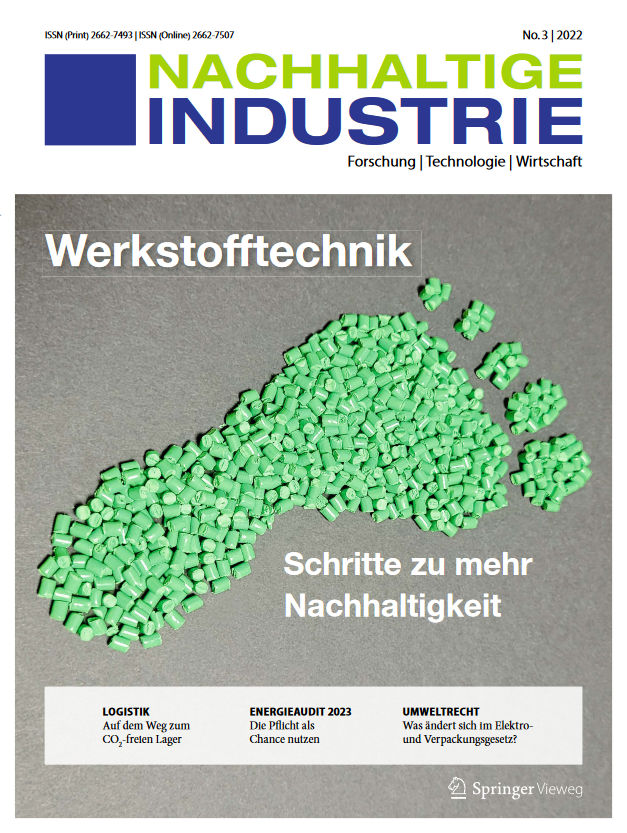Christian Großhauser
Cara Schönmüller
Graduate industrial engineer
E-mail: christian.grosshauser(at)inzin.de
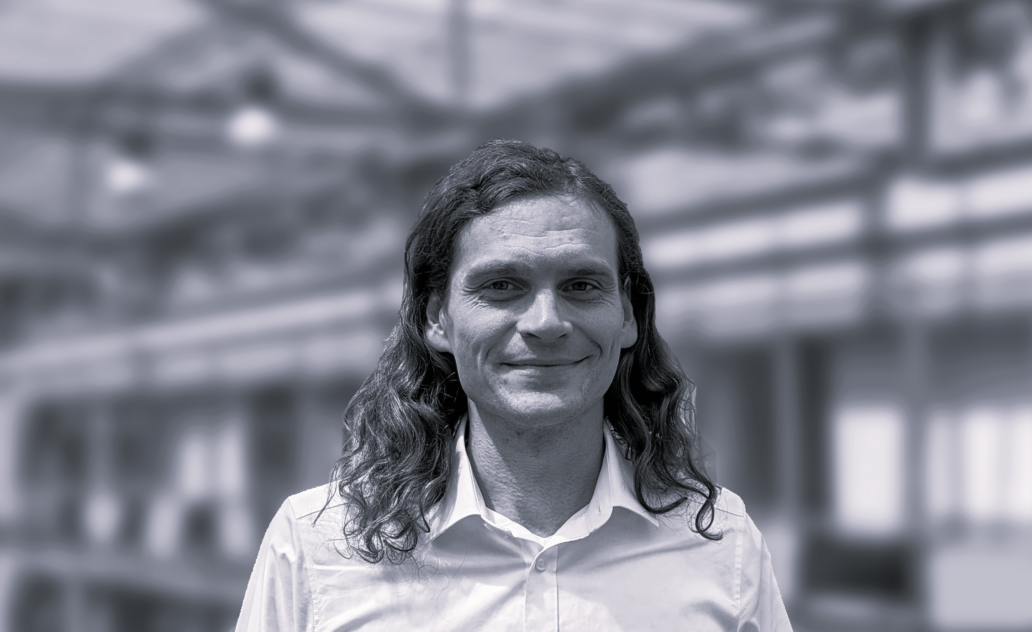
Vita
Christian Großhauser was born in Mallersdorf-Pfaffenberg in 1985 and has been a scholarship holder at the INZIN Institute since May 2023. As part of the scholarship, he conducts research on the topic of “Investigation and optimization of the methane formation rate in methanation reactors” on a pilot plant of MicroPyros BioEnerTec GmbH in Straubing. This is intended to make an important contribution to the green energy transition. Parallel to this research project, he continues to work as a project manager at Straubinger Energie- und Reststoffverwertungs GmbH (SER GmbH). There he works in the fields of wastewater treatment, (thermal) sewage sludge disposal, phosphorus recovery and energy generation from biogenic materials. He completed his degree in industrial engineering with a focus on mechanical engineering at Kempten University of Applied Sciences in 2015. Before making the switch to wastewater treatment, he gained years of experience in the automotive industry.
Research topic
One of the most urgent challenges of the coming decades is and will remain human-induced climate change. In order to meet the ambitious climate targets and ensure a reliable and climate-friendly energy supply, energy production must be further diversified and important alternatives to burning fossil fuels must be taken to a new level. The conversion of waste into energy and thus the possibility of being able to use the existing infrastructure is the desirable goal. But how can this be achieved? The biogenic sector and biomethanization offer opportunities that can make a decisive contribution to the green energy transition by seizing and exploiting this potential. Power to methane is the key solution for making the electricity grid more flexible, as it can counteract the throttling of renewable energy production. In cooperation with MicroPyros BioEnerTec GmbH, a research and development facility on a pilot plant scale is being built on the site of the Straubing wastewater treatment plant. This plant can be used to research and develop biomethanization under real conditions in a variety of ways. Hydrogen and carbon dioxide are converted to methane by microbes, more precisely chemolithoautotrophic archaea. This “green” methane can then be used as a substitute for fossil natural gas and can be used in a wide variety of areas (buildings, transportation, energy generation or mobility). The aim of this doctorate is to specify the framework conditions for a stable, reproducible and safe biomethanation process in order to ensure the operation of future biomethanation plants and thus make a further and important contribution to biomass use and the climate neutrality of tomorrow.
Supervision
Place of doctorate: Faculty of Spatial Planning, Technical University of Dortmund
Keywords
Sustainability, Waste to Energy, Waste management, power to methane, biomethanization
Christian Großhauser
Cara Schönmüller
Graduate Industrial Engineer
E-mail: christian.grosshauser(at)inzin.de
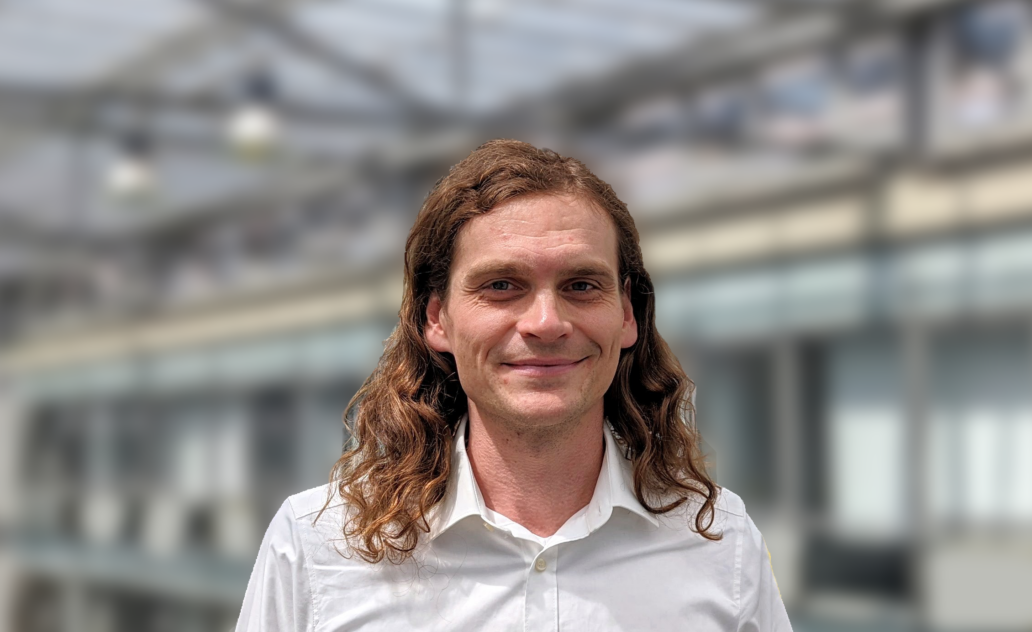
Vita
Christian Großhauser was born in Mallersdorf-Pfaffenberg in 1985 and has been a scholarship holder at the INZIN Institute since May 2023. As part of the scholarship, he conducts research on the topic of “Investigation and optimization of the methane formation rate in methanation reactors” on a pilot plant of MicroPyros BioEnerTec GmbH in Straubing. This is intended to make an important contribution to the green energy transition. Parallel to this research project, he continues to work as a project manager at Straubinger Energie- und Reststoffverwertungs GmbH (SER GmbH). There he works in the fields of wastewater treatment, (thermal) sewage sludge disposal, phosphorus recovery and energy generation from biogenic materials. He completed his degree in industrial engineering with a focus on mechanical engineering at Kempten University of Applied Sciences in 2015. Before making the switch to wastewater treatment, he gained years of experience in the automotive industry.

